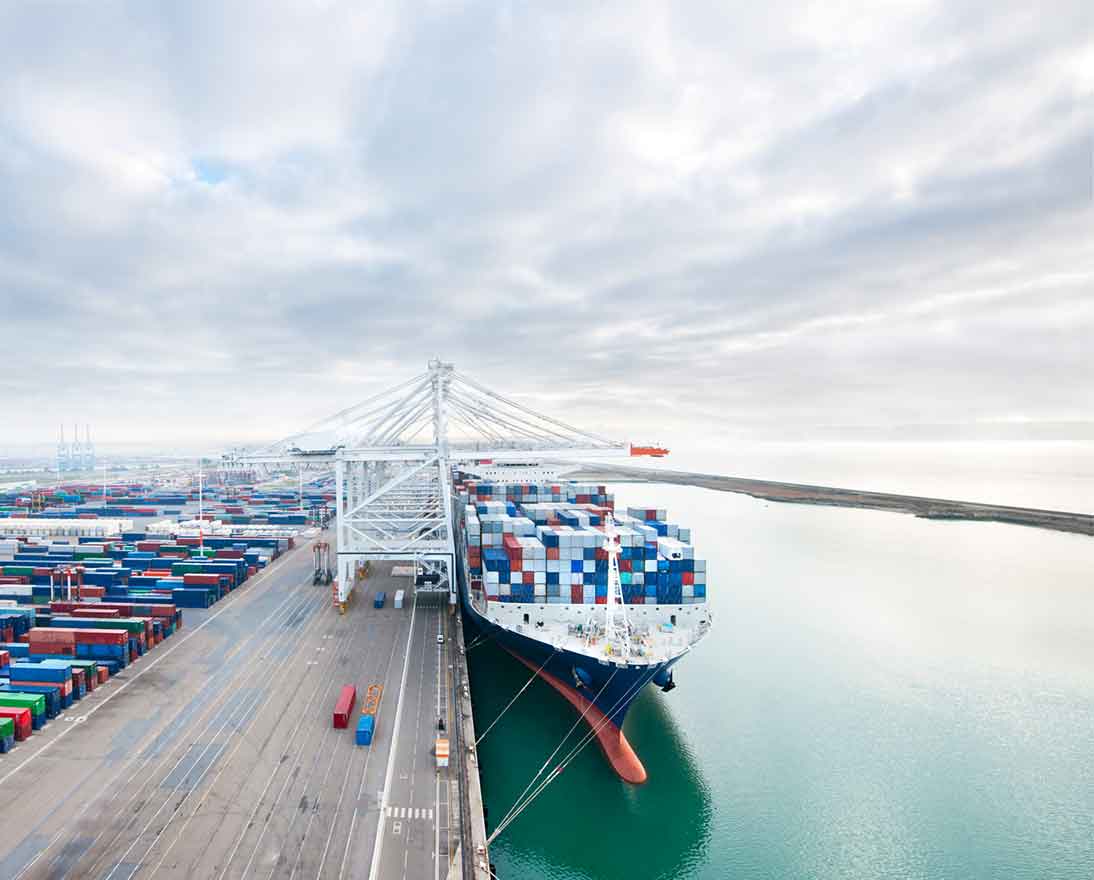What lies ahead for the geopolitics of semiconductors
Supply ChainWebinarDecember 12, 2024
The resilience of semiconductor supply chains is a concern for companies and policymakers with an eye on geopolitical developments. Just one company, Taiwan-based TSMC, produces 90% of the world's most advanced chips, a concentration which brings multiple risks.
Key insights:
- The semiconductor supply chain is diversifying away from its high degree of reliance on Taiwan, but it will take time to achieve significant change.
- The supply chain has other pinch points, including raw materials, complex machines used in chip manufacturing, and other components of devices in which chips are used.
- Geopolitical uncertainty around the future of Taiwan means the stability of the semiconductor supply chain cannot be taken for granted.
- Policymakers in both Beijing and Washington recognize that access to the most advanced chips is crucial for security and economic reasons.
- The U.S. approach may not change dramatically under President Trump, given a high degree of bipartisan agreement around tariffs and controls on technology transfer.
- The private sector needs to take the lead in increasing the resilience of the semiconductor supply chain, as governments lack the necessary information.
- Insurers can help businesses to plan ahead by organizing and understanding the information they have on their supply chains and vulnerabilities.
The resilience of semiconductor supply chains is a concern for companies and policymakers with an eye on geopolitical developments. Just one company, Taiwan-based TSMC, produces 90% of the world's most advanced chips, a concentration which brings multiple risks.
In a recent webinar, Chris Miller – author of the 2022 book Chip War: The Fight for the World's Most Critical Technology – joined Andrea Blair, Director of Business Resilience and Continuity Management Services at Zurich North America, to discuss the geopolitics of supply chains and how the situation may evolve. The webinar was moderated by Matt Holmes, Head of Political and Government Affairs at Zurich.
“Mind-boggling complexity” and market concentration
Semiconductors are vital components across a range of industries, but businesses cannot take a stable supply chain for granted.
The semiconductor supply chain has a series of potential points of failure, beginning with raw materials, as Miller pointed out. A typical chip uses 30 to 40 materials, which are often available only in politically unstable countries. Most are then processed in China, where they can be subject to export controls.
The supply chain of the chips is both complex and concentrated. Semiconductor manufacturing facilities rely on multiple highly sophisticated machines of “mind-boggling complexity”, in Miller’s words. Those machines often have monopoly suppliers. Another layer of complexity is added when the chips are assembled into servers, which often may contain as many as 35,000 components.
The pandemic revealed the vulnerability of semiconductor supply chains, with the auto industry especially hard hit by chip shortages, and some countries have since embarked on an attempt at diversification. The U.S., for example, introduced the Chips Act in 2022 to incentivize the domestic manufacturing of chips.
However, building resilience to potential future shocks is both time-consuming and costly, with cutting-edge manufacturing plants costing around $20 billion. Experts currently estimate that it may take a decade for the U.S. to increase its share of the global chip market from 10% to 15%.
While the Taiwanese market-leader TSMC has built plants in the U.S., Japan and Europe, diversifying the geographical locations of chip production, Taiwan’s government nonetheless mandates it to conduct cutting-edge work only in Taiwan. As a result, geopolitical risks involving Taiwan will continue to be critical to the supply chain for the foreseeable future.
While there are currently no significant problems with the supply chain, Miller argued, it remains highly vulnerable to shocks such as natural disaster or conflict. The risk of geopolitical developments disrupting Taiwan's chip exports also looms on the horizon.
Given such tensions, access to advanced chips is seen as a critical security issue, with the U.S. making it illegal to transfer the most advanced AI accelerators to China. Security questions are increasingly prominent in the increasing number of semiconductor supply chains that are considered “critical”: for example, the U.S. recently announced a ban on components from adversary countries in autonomous driving systems.
The role of the private sector
Miller emphasized that the private sector would have to take the lead in proactively addressing potential pinch points in the supply chain, as companies have a visibility into their operations that governments lack.
However, companies often need support to organize and understand the information they have on their supply chains and vulnerabilities – especially when it comes to semiconductor chips, which are not only in finished products but also in tools for design, manufacturing, logistics, and distribution. This is where insurers can step in to connect the dots between disparate risks.
Whatever changes lie ahead in global geopolitics, it will be crucial for businesses to understand the inherent vulnerabilities within semiconductor supply chains, and take strides to build resilience.
Read the entire webinar summary to learn more about the geopolitics of semiconductors and the considerations for businesses. Download the document below.
The webinar featured the following speakers:
- Chris Miller, Author of the 2022 book Chip War: The Fight for the World's Most Critical Technology
- Matt Holmes, Head of Political and Government Affairs, Zurich Insurance Group
- Andrea Blair, Director of Business Resilience and Continuity Management Services, Zurich North America


